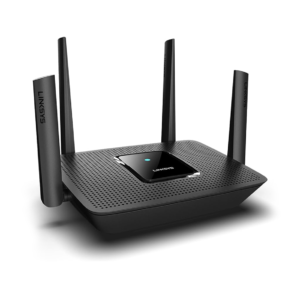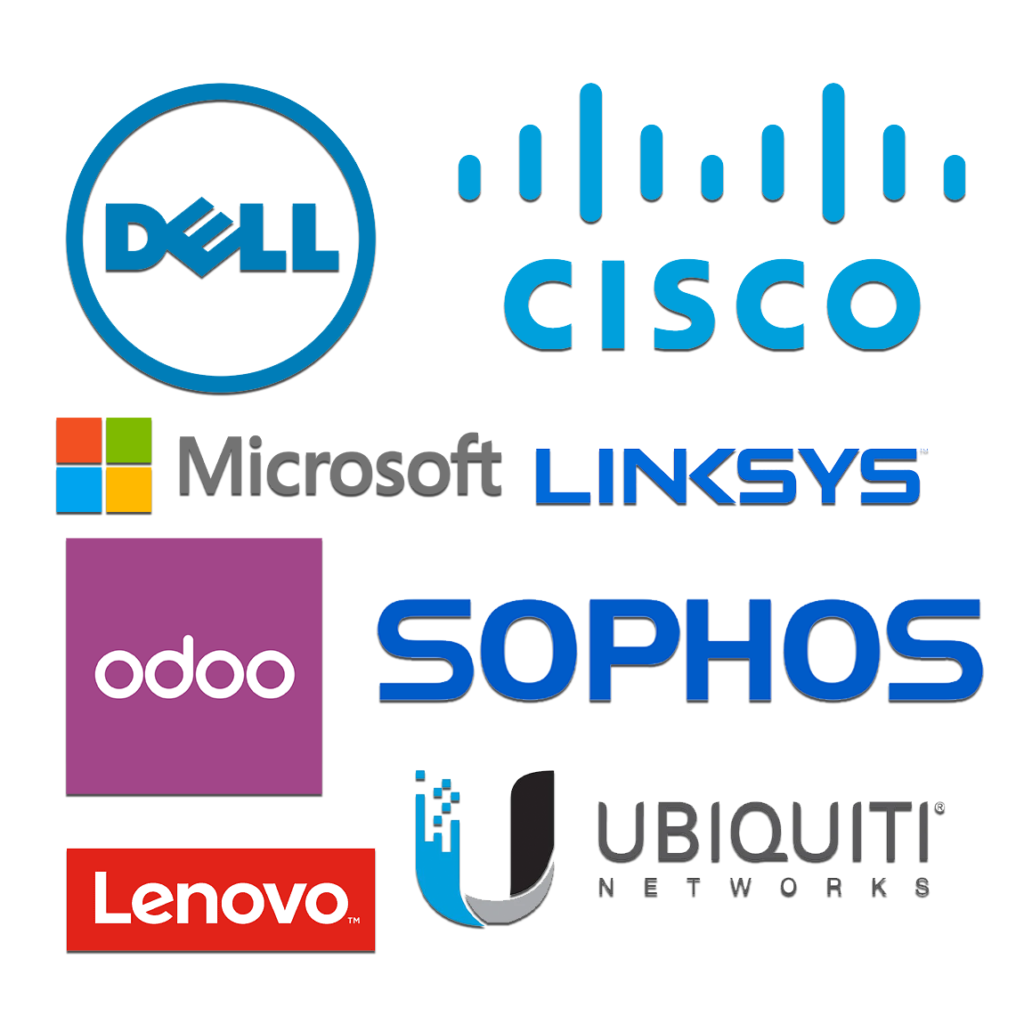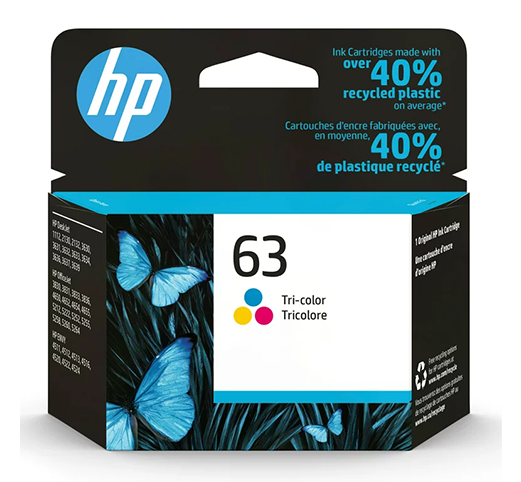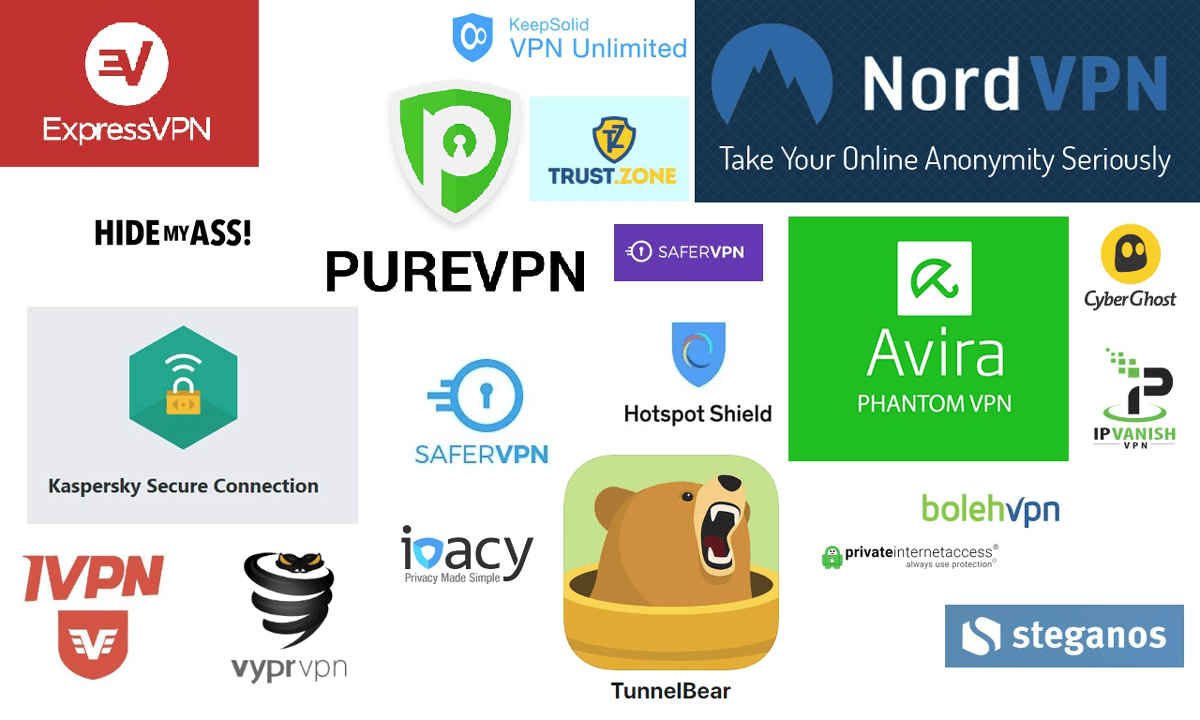What Is a VPN
A VPN, or virtual private network, is an online service that provides a mobile app, desktop app or other software that encrypts your internet traffic to help boost your privacy online. A VPN also prevents your internet service provider from tracking which websites or apps you’re using and stops most of those websites and apps from seeing your actual geographic location, allowing you to bypass content blocks in some countries to access critical news and educational information, while also opening up your streaming entertainment options. The best VPN delivers a strong level of privacy protection without compromising on performance. We strongly recommend using a good VPN for everyday use as well as for work, particularly if your work involves handling sensitive information.
At CNET, we rigorously test each virtual private network across major platforms to find the ones that provide exceptional privacy, reliability, speed and value. This list is constantly being updated as we actively test VPNs and look at the latest research, so expect this guide to change throughout the year as we put each VPN through its paces. This year, we’ve retested our top picks for connection speed and retested ExpressVPN from the ground up to make sure it still deserved our Editors’ Choice as best overall VPN. We also recently published a full review of Private Internet Access, and we’re taking a fresh look at the best VPNs for iPhone this month.

ExpressVPN retained CNET Editors’ Choice Award for best overall VPN after its 2023 review. It maintains its position among other virtual private network services thanks to its dedication to privacy and strong speeds.
Surfshark is a close second among our picks. In 2022, it also earned a CNET Editors’ Choice Award as our VPN value pick, thanks to its low first-year price support for unlimited devices.
NordVPN, our third choice, is a die-hard heavy hitter. It costs more than Surfshark but less than Express, has an enormous network that’s constantly getting faster and more secure, and is easily the most reliable service we’ve tested.
Each VPN service in the list below has excellent value for a specific use case, and we point out the ideal user for each one. The array of options available means there’s a VPN service suited to your needs, whether your privacy needs are casual or critical. Also, consider jumping on one of these VPN deals, which many of our top picks are offering.
Other VPNs we've tested (Hotspot Shield)
Not every VPN can be a favorite. These are ones we reviewed, but they’re not full-throated recommendations for one reason or another, including limited features and concerns over adequately hiding your identity.
Hotspot Shield VPN’s TLS-based Hydra Catapult protocol, US jurisdiction, 128-bit AES encryption support and large percentage of virtual servers might strip away our trust in its ability to provide more privacy protections than its competitors — but those are all key components to its ability to achieve the blazing speeds it delivered during its most recent speed tests.
It’s the second-fastest VPN I’ve tested, effortlessly delivers smooth-streaming media and can dance between server connections without missing a beat, no matter how many interruptions you throw at it. A 26% speed loss puts it in second place, falling behind Surfshark — which lost just 16.9% of its speed the last time I tested it — and knocking ExpressVPN down to third place with a 51.8% speed loss at last measurement. Speed losses on UK connections were under 8%. Gaming, torrenting, browsing, streaming — these speed-dependent services won’t be slowed down for Hotspot Shield users.
We’re not excited about Hotspot’s privacy and security, though. Since the services uses a closed-source proprietary Catapult Hydra protocol, instead of the more transparent open-source OpenVPN protocol, we’d like to see Hotspot give the public more third-party audits — a necessary step to bring Hotspot up to speed with routinely audited VPNs like TunnelBear. As recently as April 2021, review site VPNMentor discovered a DNS leak in Hotspot Shield’s plug-in for Google Chrome. Hotspot acknowledged the issue at the time and aimed to improve the product.
We’re also not thrilled about the amount of user data Hotspot collects, and its privacy policy. With its premium product, it gathers and retains much more information about users than most other VPNs. And if you’re using the free version of its product, it shares that information — along with even more finite data, including your MAC address and specific phone identifier — with advertising companies.
While its interface is user-friendly and its speeds are thrilling, spending time with Hotspot is going to leave your wallet a little lighter than you might prefer. Its current price is higher than its nearest competitors, its speeds slightly slower and its privacy more questionable. If you’re looking for a VPN purely on the grounds of speed, we still recommend passing on Hotspot until it improves.
Read more: Hotspot Shield VPN Review: This Speedster Costs More Than Faster, More Private Competitors
TunnelBear
TunnelBear has gotten a lot of hype in the last couple of years. But when we looked under its hood and compared it with its VPN competitors, our excitement waned.
TunnelBear’s speeds are reasonable. We lost nearly 63% of internet speed overall when we used it, which is about average for a VPN. TunnelBear’s speeds have steadily improved over the years as measured by other review and testing sites, though, and the US scores we recorded saw a speed loss of only 54%.
On the plus side, TunnelBear is holding its own in the transparency competition among VPNs by publishing the results of its independent security audits and annual transparency reports. No IP address, DNS or other potentially user-identifying data leaks were detected during our testing, but in the past TunnelBear was observed to have been leaking WebRTC information. TunnelBear’s VPN encryption is standard AES-256 and it supports Perfect Forward Secrecy.
CyberGhost VPN
In CNET’s previous coverage of virtual private networks, we’ve praised CyberGhost for its roster of competitive features. Our in-depth review of CyberGhost in 2019 included speed testing, security verification and an analysis of its full suite of privacy tools. Since then, the VPN company has increased its number of servers and is prepared to roll out new privacy tools, all while remaining one of the cheapest VPNs we’ve reviewed — at $2.03 per month for a two-year plan.
As we’ve bolstered our approach to VPN reviews, however, CyberGhost has raised some red flags. Its parent company’s history warrants skepticism; our previous tests have shown it to expose your VPN use to your ISP; its website and app trackers are more numerous than warranted; and its ad blocker uses an untrustworthy method of traffic manipulation no VPN should even think about. Its low price previously made it worth considering if you needed to change the appearance of your location online, but not if you wanted best-in-class security.






















